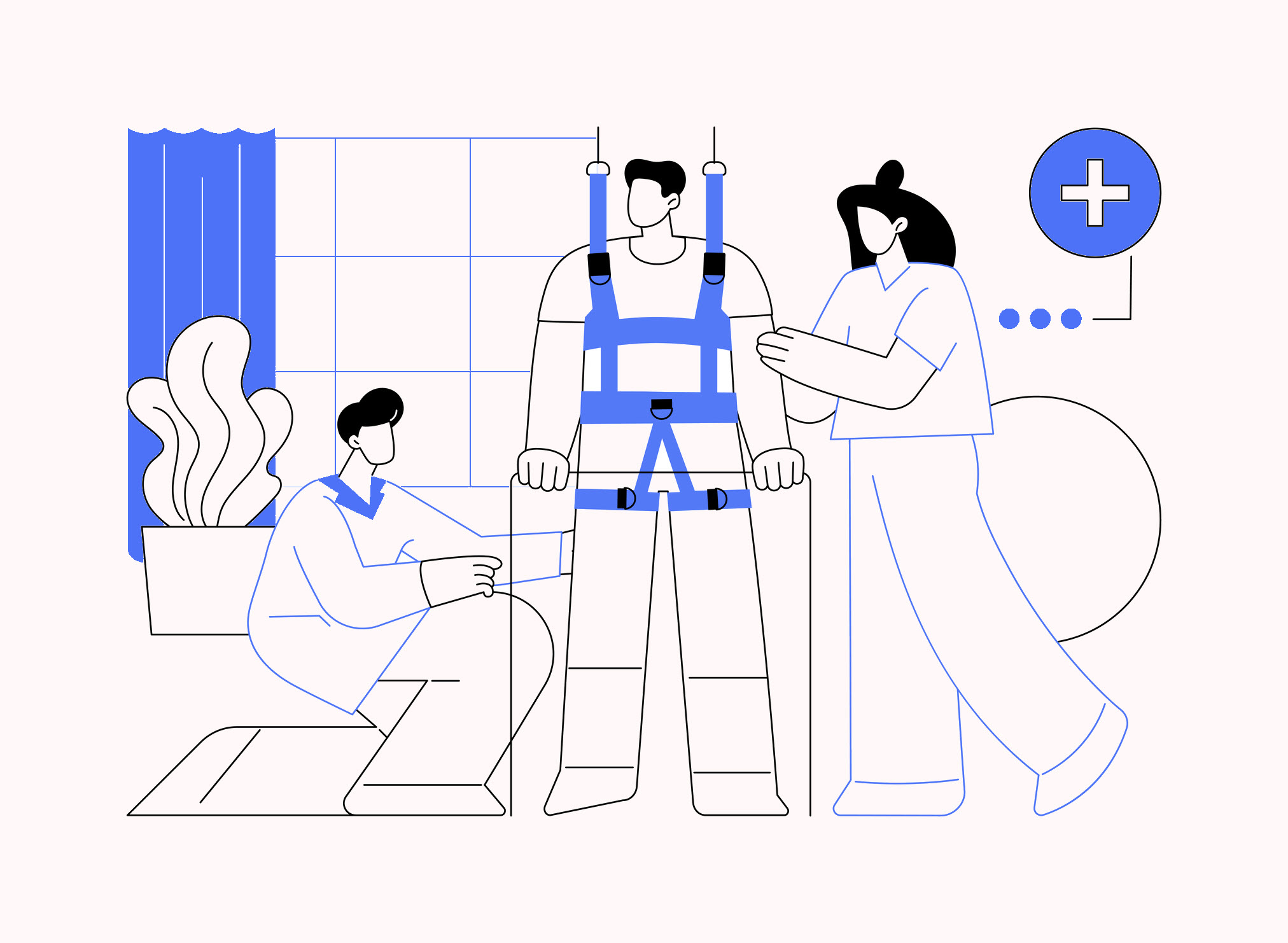The Forgotten Claim Cost Driver: Social Determinants of Health
Are you familiar with the social determinants that could impact the outcome of a workers' compensation claim? Understand the most common factors that could be driving up your claims costs.
June 21, 2021

It might not have crossed your mind, but factors such as access to healthy food, safe housing, availability of transportation, and social support networks all directly impact workers’ compensation claims outcomes. “Social determinants of health” (SDoH) is a relatively new term that refers to conditions in which people live, work and age – all of which affect the ability to heal or access care.
Mark Walls, Vice President Communications & Strategic Analysis at Safety National, has been working to spread industry awareness. “It sounds like common sense,” says Walls, “but addressing these issues can really make a difference on claims outcomes. If an injured worker is socially isolated, find a home healthcare provider to meet with him or her in person. If an injured worker does not have transportation readily available, buy him or her a bus pass to get to medical appointments. Paying for something on the front end saves suffering, time and money for the worker and the employer, thus impacting results.”
SDoH categories to consider include:
- Economics – Does the person have a stable income? Does he or she have enough money not only for medical needs but to care for his or her family?
- Environment – What is his or her neighborhood like? Is it safe?
- Transportation – Can the worker get to and from work? What about travel to his or her medical appointments? Can he or she drive? If not, does he or she have other options, such as public transportation?
- Nutrition – Can the injured worker access quality food and clean water? If so, is he or she educated on healthy eating habits?
- Support – Does the worker have a network of family and friends who can help out? Social isolation and community connections are imperative in a person’s ability to recover from an injury or illness.
- Culture – Is there a discriminatory attitude toward the person in his or her living area or within the medical community? Does the injured worker come from a culture where they do not trust medical providers? Is there a language barrier?
- Understanding – An injured worker needs a basic understanding of what he or she needs to do to facilitate recovery. Understanding the healthcare system and, especially, the workers’ compensation process increases an injured worker’s engagement in his own recovery. Many employees have little or no idea how these function.

























